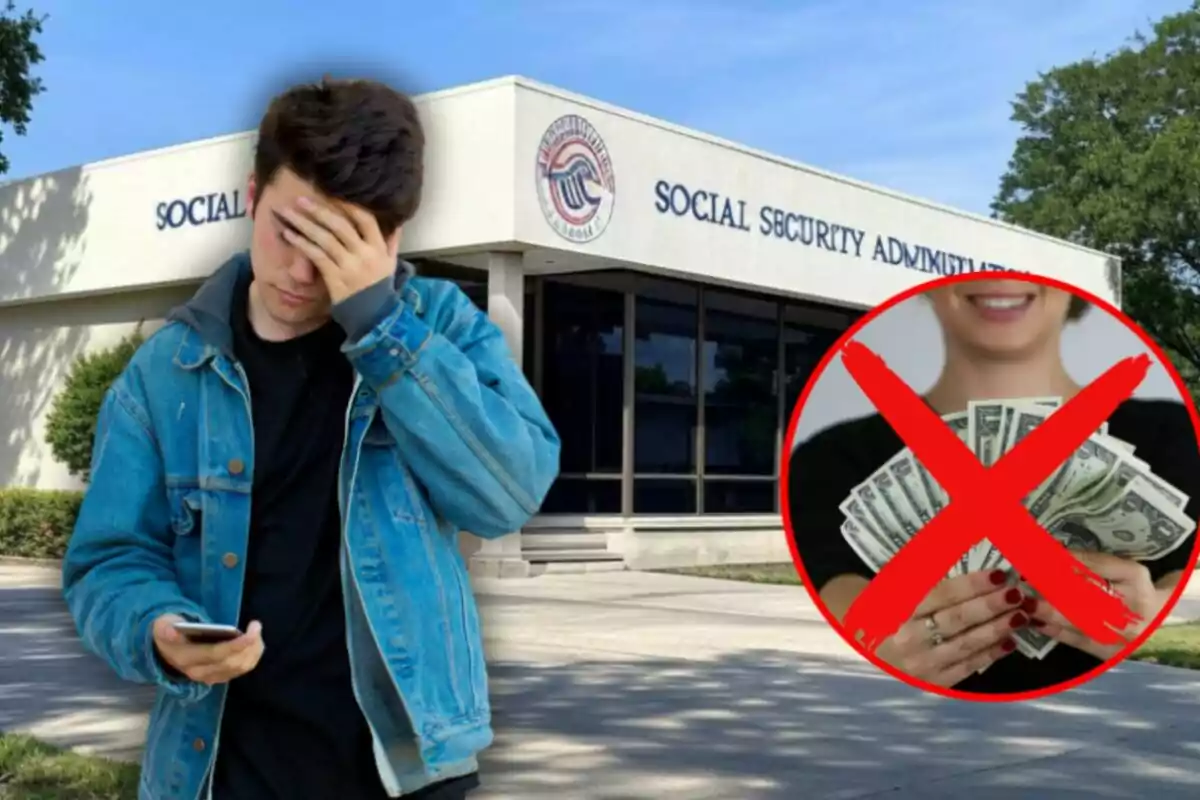
Millions of Americans scared: SSA is tougher than ever on IRS, pay attention
The Social Security Administration issues a strong warning so that citizens do not fall for this fraud
The United States Social Security Administration (SSA) has just issued an important alert aimed at all citizens. The warning is not trivial: it's a scam connected to the IRS that uses increasingly sophisticated smishing techniques. Faced with this threat, SSA urges caution, distrust, and acting carefully.
SSA warns that scammers pose as official authorities from the IRS or SSA itself. They send fake official communications through text messages, emails, robocalls, or even physical letters.
SSA Alert in the United States: Be Very Careful With This Scam
The goal is to steal personal data such as Social Security numbers, bank information, or passwords. These scams are among the most common tactics within fraud, phishing, and smishing alerts.

First, you receive an alarming text message (or email): "Your account has been suspended" or "There is unusual activity on your IRS refund." The included link redirects to fake websites that mimic the official IRS site. If you click, you could download malware or phishing, and that's when criminals ask you for sensitive information.
In other cases, they send letters with fake IRS logos, stating that you have a pending refund, and ask for photos of your ID or Social Security number. Other times, you're pressured with threats of fines, arrest, or cancellation of benefits, and they even use spoofing techniques to make the call number appear legitimate.
Why Is It So Dangerous? SSA Makes the Risk Clear
These scams are dangerous for several reasons: They use alarming language to scare you and induce quick actions, and they appear very real, with logos, numbers, and official names.

The use of smishing manages to deceive even people who are usually alert. The payments require methods that are hard to trace: wire transfers, cryptocurrencies, prepaid cards, or gift vouchers.
Be suspicious when you receive unsolicited messages from the IRS or SSA, whether by text, email, call, or via social media. Check if they include urgent threats or strange links. IRS never initiates contact by text or email to request private information: first, they always send a letter by traditional mail.
Essential Tips, How to Act
To protect yourself from this threat, follow these recommendations: don't click on links or open attachments, even if they seem official, and don't respond to suspicious messages.
Verify any notification directly with IRS or SSA using their official websites. If you receive a text from IRS, send it to 7726 (SPAM) as indicated by the agency at irs.gov. Report these fraud attempts to phishing@irs.gov, SSA's OIG, or IRS.
More posts: